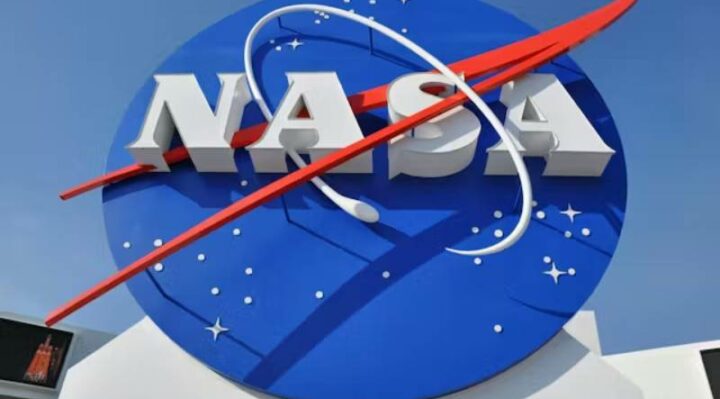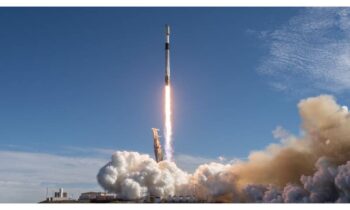
The future of NASA’s Artemis lunar exploration program has been thrown into question following a recent budget proposal by the White House that recommends halting the Gateway project and ending key systems like the Space Launch System (SLS) and Orion spacecraft after Artemis 3. This move has sparked concern and cautious optimism among international space agencies contributing to the program.
At the Global Conference on Space Exploration (GLEX) 2025 in New Delhi, discussions centered on the proposed changes and how spacefaring nations plan to respond.
Global Commitment Despite Uncertainty
Despite the looming uncertainty, international partners expressed continued commitment to their current roles in Artemis. Germany, a key player through its involvement in the Orion service module via the European Space Agency (ESA), emphasized the program’s strategic importance.
“Artemis is one of our most important topics,” said Walther Pelzer, director general of the German Space Agency. “We are very keen to see what is going over there.”
Similarly, ESA’s director general, Josef Aschbacher, reiterated Europe’s dedication, stating that ESA remains a reliable partner. However, flexibility will be necessary if structural changes to the program are implemented.
“If things change, we will need to adjust, and we will be ready to do that,” Aschbacher noted.
The Canadian Space Agency (CSA), which is developing the Canadarm3 robotic arm for the Gateway, also confirmed its ongoing commitment.
UAE and Japan Echo Flexible Commitment
The United Arab Emirates, contributing the Gateway airlock module, expressed a pragmatic view. Salem Al Marri of the Mohammed Bin Rashid Space Centre highlighted the need to be agile in the face of U.S. Congressional decisions.
“We have to be quite nimble… and keep these collaborations going,” he said.
Japan’s space agency JAXA, though not quoted directly, remains an active Artemis partner through its contributions to Gateway and future lunar surface operations.
NASA’s Absence Raises Eyebrows
NASA’s noticeable absence from GLEX 2025 plenary sessions added to the speculative atmosphere. Due to travel restrictions stemming from an executive order, NASA officials were not present, although they had met with many partner agencies recently at the Space Symposium in Colorado.
Rethinking International Cooperation Models
The evolving scenario has triggered calls for broader international cooperation beyond the U.S.-led Artemis structure. Caroline Laurent of CNES (French Space Agency) suggested forming new coalitions among emerging and established space powers.
“We should look more into cooperation with one another… ISRO, the Emirates, Canada, JAXA,” she proposed.
This vision gained traction as ESA and ISRO signed a statement of intent on May 7 to enhance collaboration. The agreement includes interoperability for docking systems and joint astronaut training, with the potential for ESA to support ISRO’s upcoming Bharatiya Antariksh Station, targeted for the mid-2030s.
While the fate of Artemis remains in flux, the commitment from global space agencies underscores the importance of international partnerships in achieving lunar and deep space exploration goals. Many are adopting a “wait-and-adjust” approach, hopeful that Congress may override proposed budget cuts.
“Until we really have the final budget, we will stay with the way ahead,” said Pelzer. “We will put everything in place to make sure that the Artemis program will be put into practice.”
As agencies prepare for a possible pivot, the message is clear: space exploration is a global endeavor, and cooperation—regardless of shifting priorities—remains its cornerstone.



